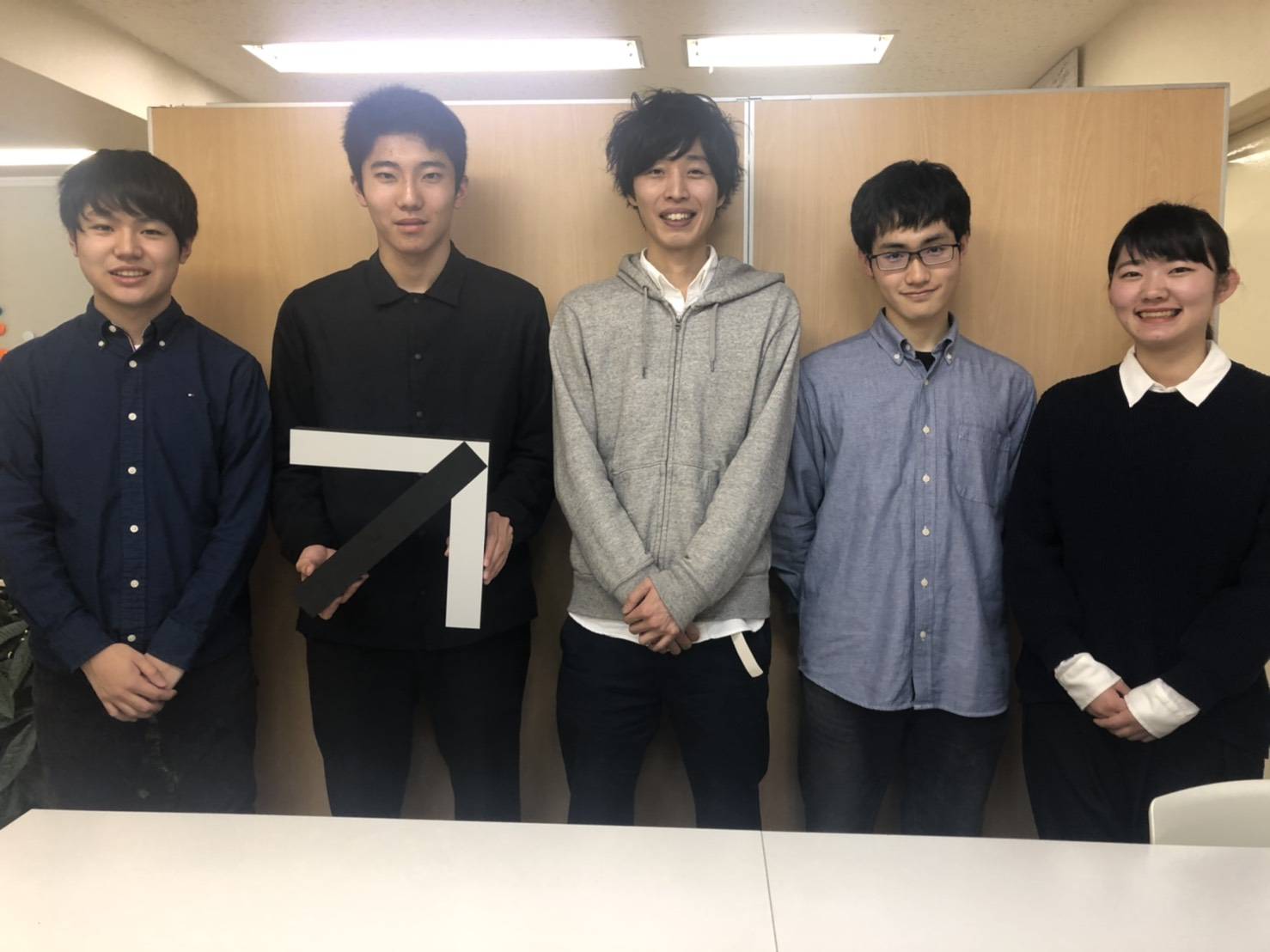Schoo—Education for life
In Japan, there is a streaming service which has been recently popular among workers. The service is called ‘Schoo’. You might think its name is a wrong spelling of ‘school’.
The company managing the service, ‘Schoo’ holds the mission of eliminating graduation from the society. This is why it lacks an ‘l’. What exactly does its mission refer to? Here is an interview with the company’s CEO, Kenshiro Mori. The following passage is based on the interview.

As mentioned, Schoo is a streaming service offering us lessons. Regardless of age, sex, place, you can take lessons after your registration. Although it is recommended to use Schoo’s original application for a better experience, you can also visit its website to get access to most of the services.
Many lessons on Schoo focus on business skills or technologies. The user, as a student, can comment on the content. All lessons are held in the form of a dialogue where a representative of students choose questions from the list of comments and the teacher answers them. This style brings you interactive communication like a seminar in universities.
Also, each comment is equipped with a ‘good’ button, by clicking which will, therefore, increase the popularity of the question to notify the student representative. That means that comments highly evaluated are likely to be chosen from the list. In the list, you can chat with others taking the same class, which means Schoo puts an emphasis on the mutual communication among students, as well as the one between teachers and students.
In addition, you can see the number of reservations for a class before you take it. This is the very reason why Schoo forms a kind of a community composed of textbook, teachers, students, and room (like a classroom) through the streaming lectures.
Mori aims at forming the system to encourage people to voluntarily join a class, which achieves a society where everyone continues to learn without graduating.
In the present, many Japanese feel that a university is just a next step after high school, but this is not the truth. There are also circumstances where workers continue to learn. This characteristic goes well with the mission of Schoo and some collaborations are already held. It would be difficult for workers to go to school because of their business, but they can learn what they are interested in through the service wherever they are.
Therefore this is the very answer to the question in the introduction since the modern society is always changing and we are forced to adapt ourselves to the changes. Now that existing knowledge often becomes useless, workers must learn to catch up with the speed of changes. Schoo will enable you to learn what you should learn for life.
Japan is now faced with rural flight. While people, information and services surged in metropolis, these resources have been shrinking in the rural areas. In such areas there aren’t environments good enough to raise IT workers. Because of that, young people are inclined to leave their hometown to settle down in bigger cities because they don’t have enough choices.
Hence, if they can obtain as much knowledge and information as those in metropolis, this will be a solution to the improvement of human resources or employment and even towards revitalizing local areas. Schoo now runs a service on Amami city and forms a basis for human resources.
Although School puts stress on the endless learning of workers, there are some people who are high school students. “There was one specific message that really haunted me. It was written by a high school student who shifted his dream into becoming a space engineering researcher by the class on Schoo and succeeded in the examination in a short period” said Mori.
This enterprise is originated with the boredom of a job training video as a worker, but it has a lot of possibilities like giving children a choice of their dream. We should look forward to its future.

Written by Honoka Nakayama, Kohei Miyauchi, Midori Yuki, Yuichiro Saeki and Yusuke Kazamaki
Edited by Kaiyuan (David) Fei
pin up casino - Pin Up Casino Aviator: The Ultimate Guide for Indian Players in 2025


